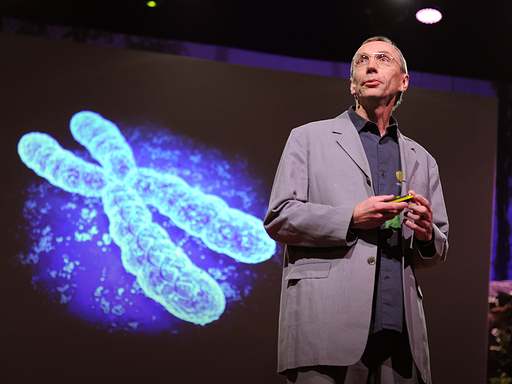
Why you should listen
Svante Pääbo's research on the DNA of human and nonhuman primates has exposed the key genetic changes that transformed our grunting ape-like ancestors into the charming latte-sipping humans we are today. As a director at the Max Planck Institute for Evolutionary Anthropology in Leipzig, Germany, Pääbo and his team developed a technique of isolating and sequencing the DNA of creatures long extinct, using a variety of fragile, ancient source material from Homo sapiens and other human species.
His work shows that all humans trace their ancestry to a small population of Africans who later spread out across the world. We’ve also learned that Neanderthals, the short stocky hunters who disappeared 30,000 years ago, mated with the more modern human species and left their imprint deep within our genome. In 2007, Time named the Swedish biologist one of the 100 Most Influential People in the World for his work.
He says: "Neanderthals are not totally extinct. In some of us they live on, a little bit."
What others say
“His work takes on the macro issues of the origins of humans, and why modern humans composed an evolutionary experiment that worked while other near species did not.” — Sesh Velamoor, Foundation for the Future
